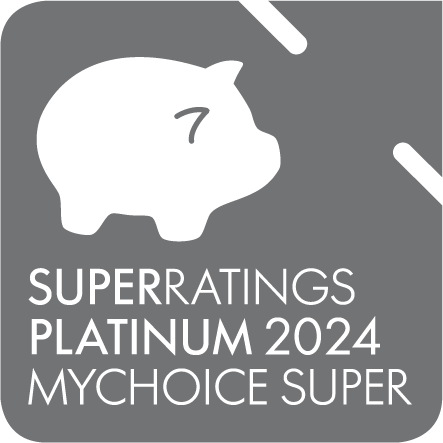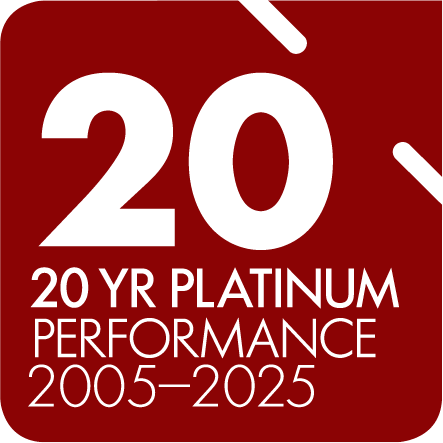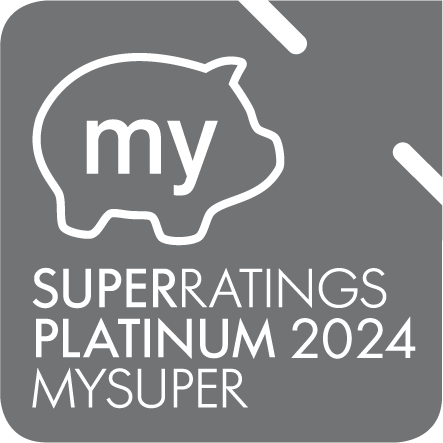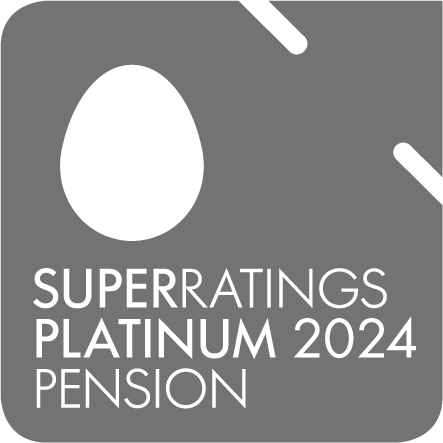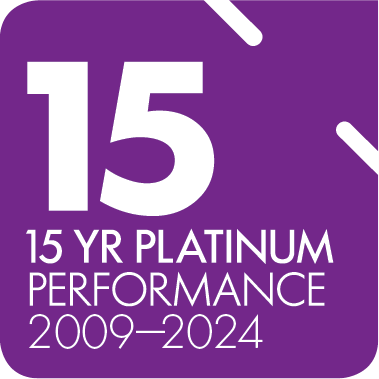Who can apply for a TPD claim?
If you can no longer work due to illness or injury, you may be eligible to claim a TPD benefit to help you and your family against the added financial burden that can arise in these circumstances.
A TPD benefit is the payment of your insurance cover and the early release of your super account balance if you become totally and permanently disabled due to an illness or injury:
- That’s caused you to be unable to work for three consecutive months; and
- Results in you being unlikely to resume work in any occupation for which you were suited by education, training or experience, or may become reasonably suited by reasonable retraining or rehabilitation; or
- That’s caused you to be unable to perform certain everyday working activities.


